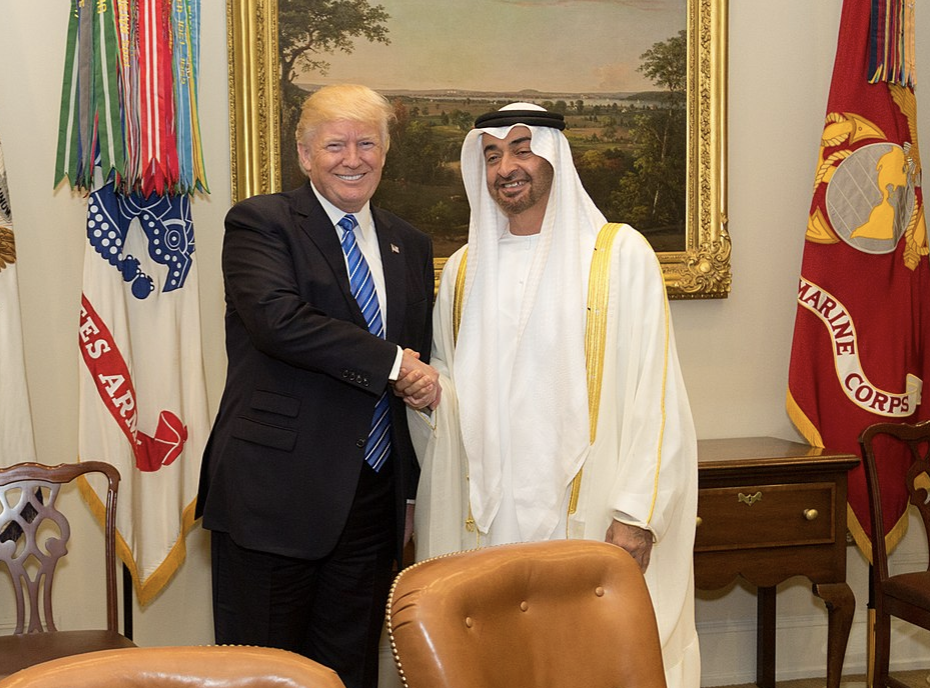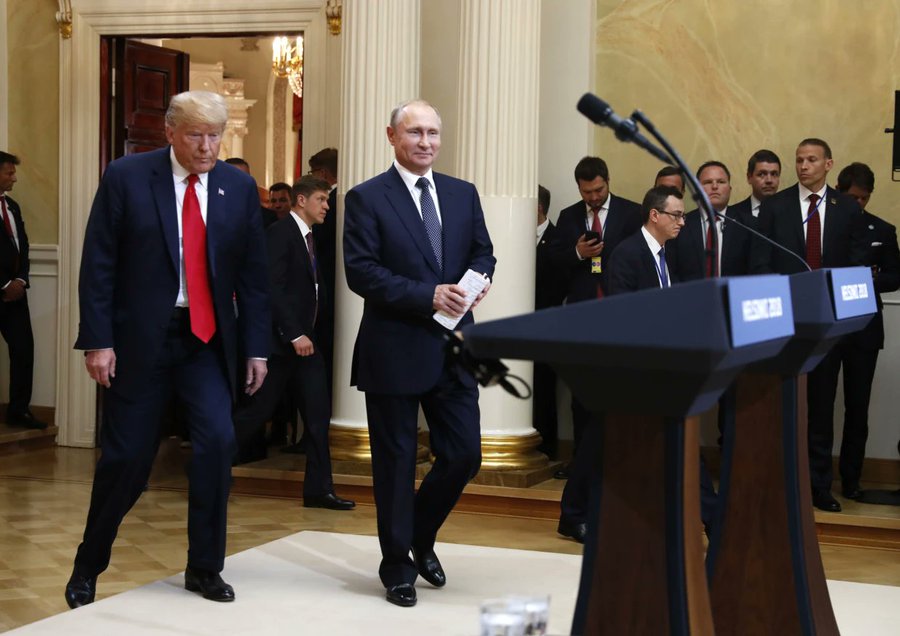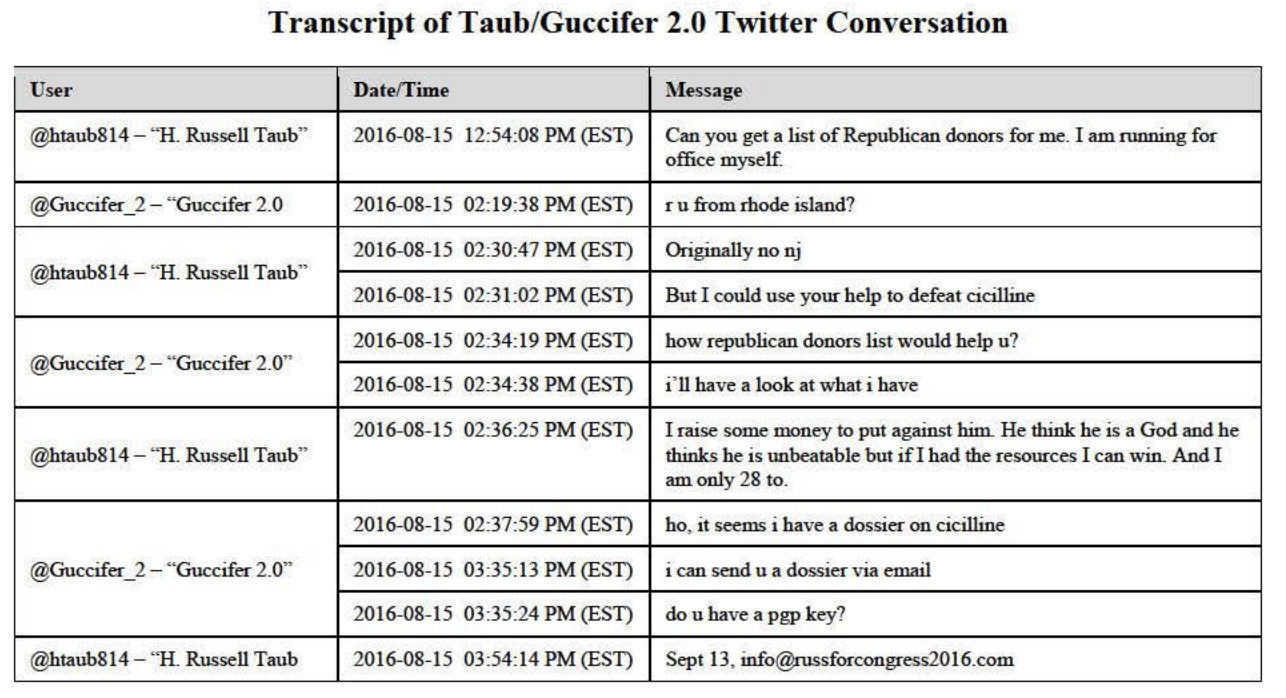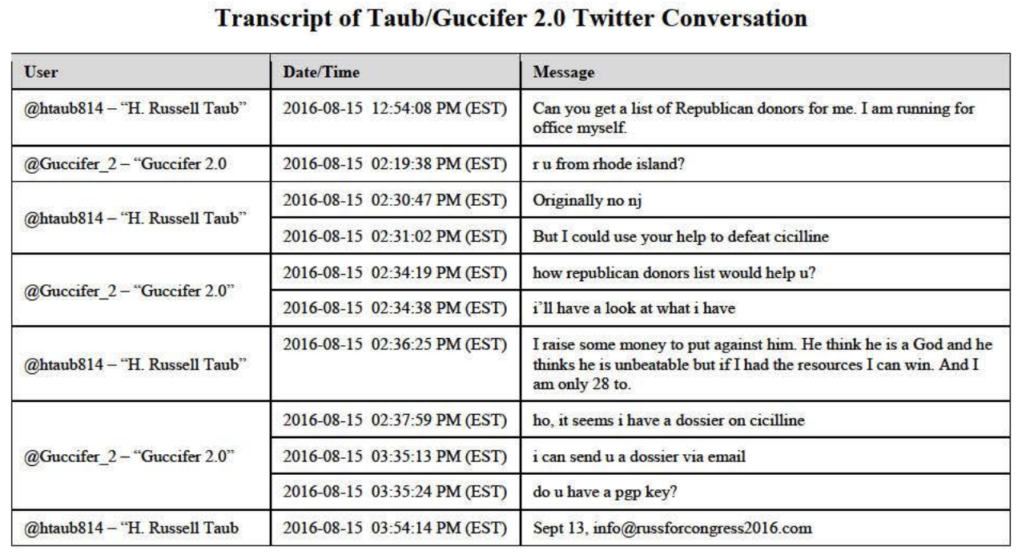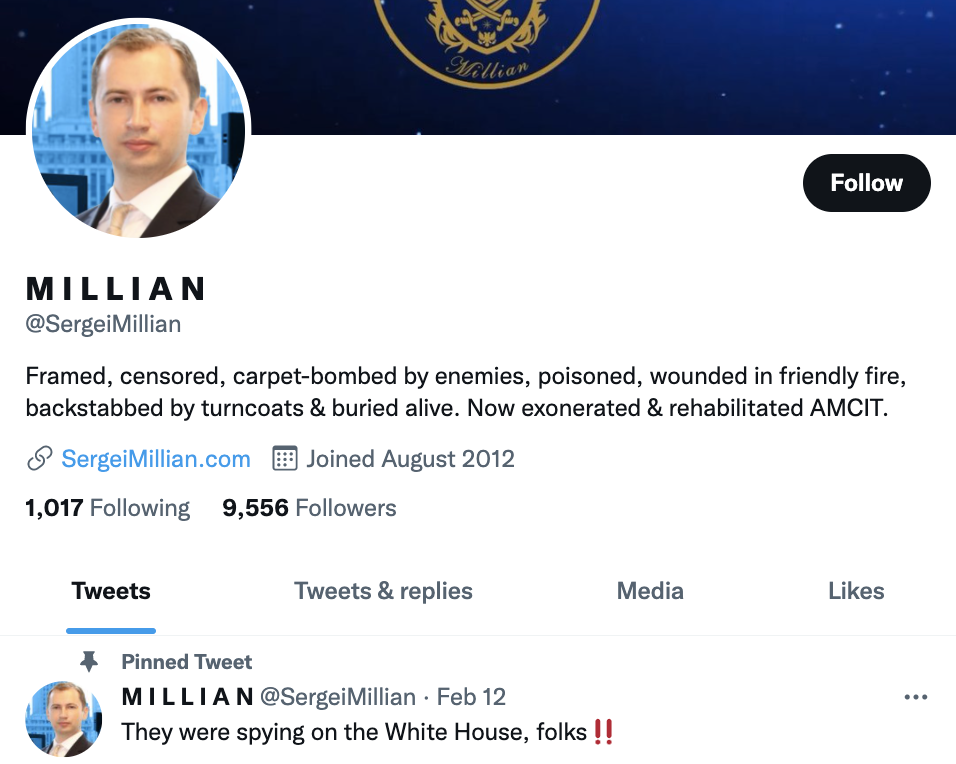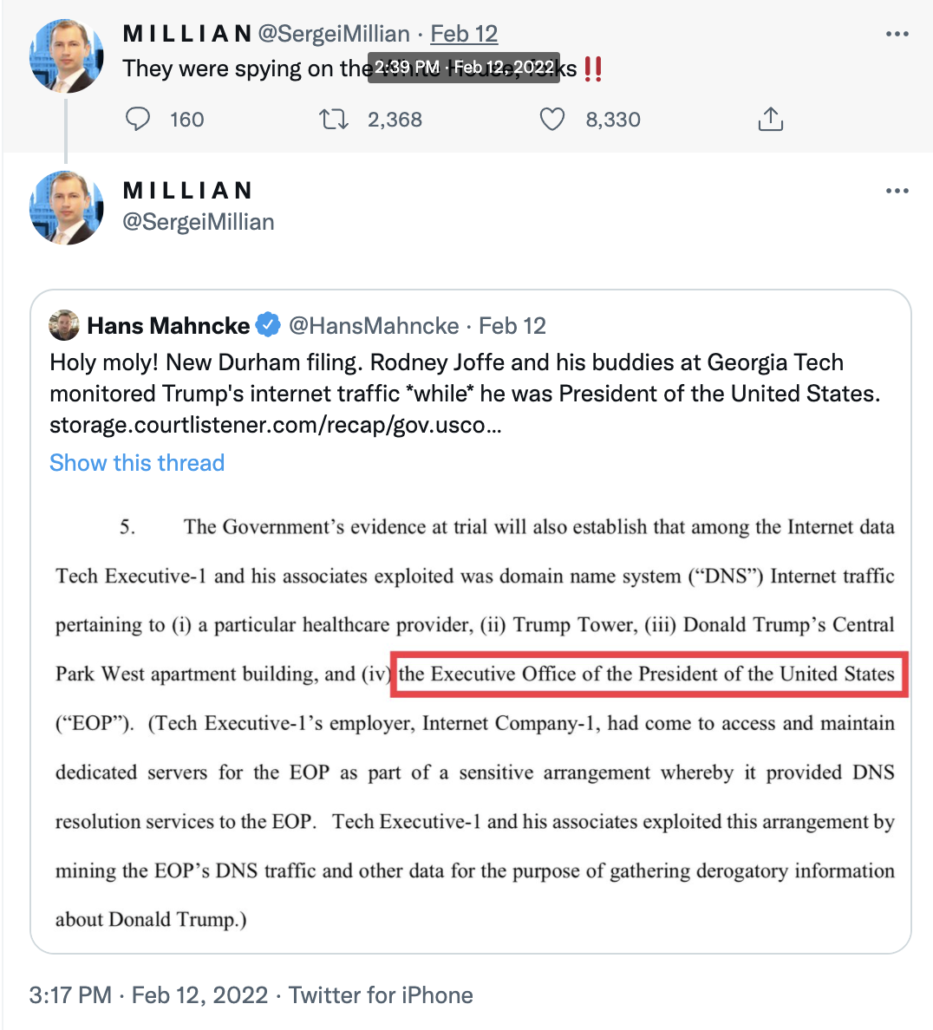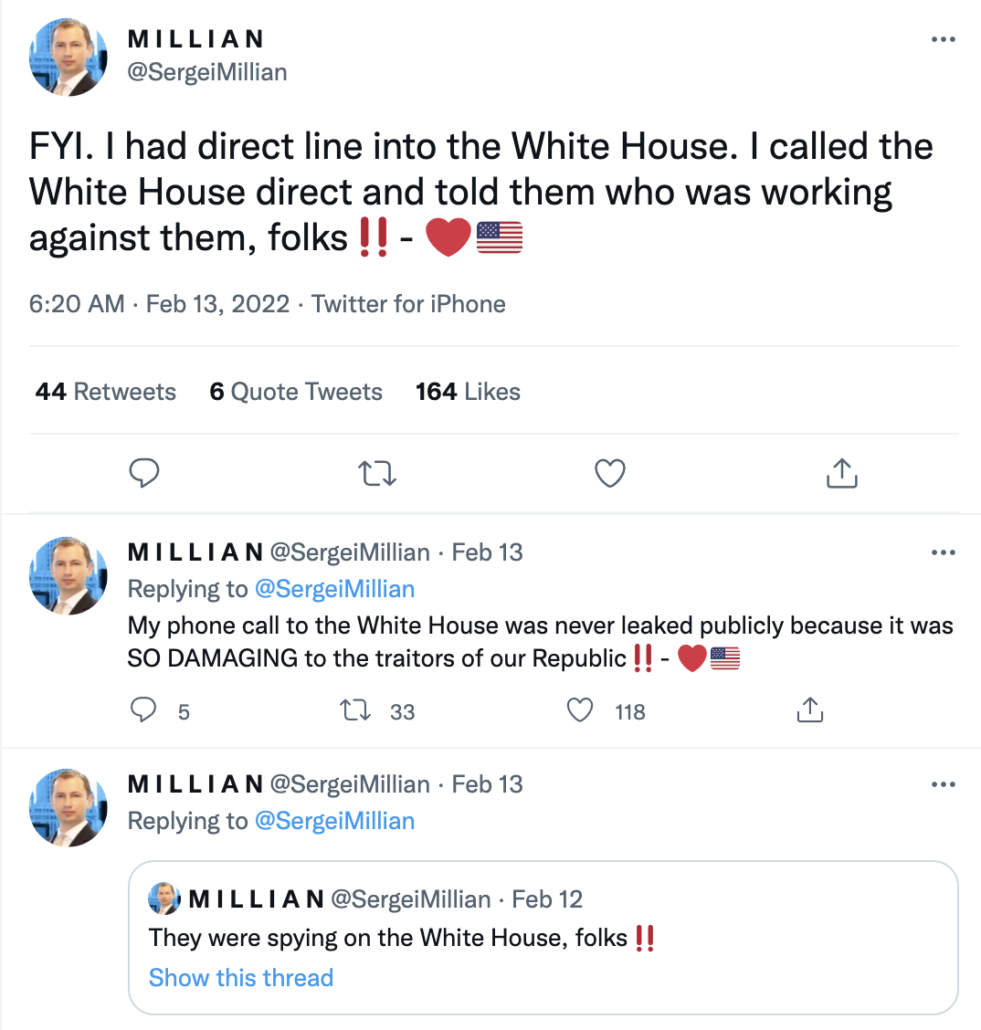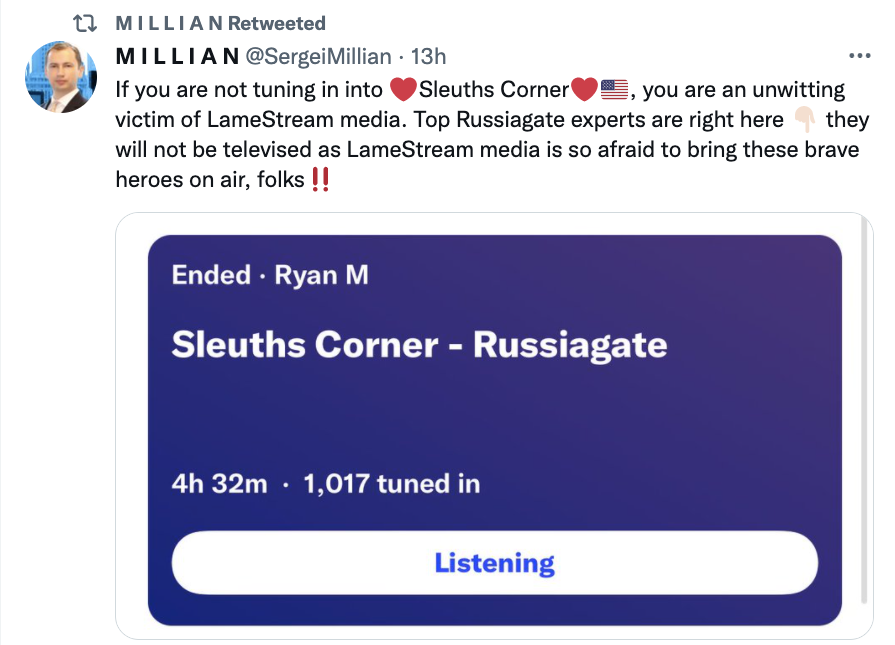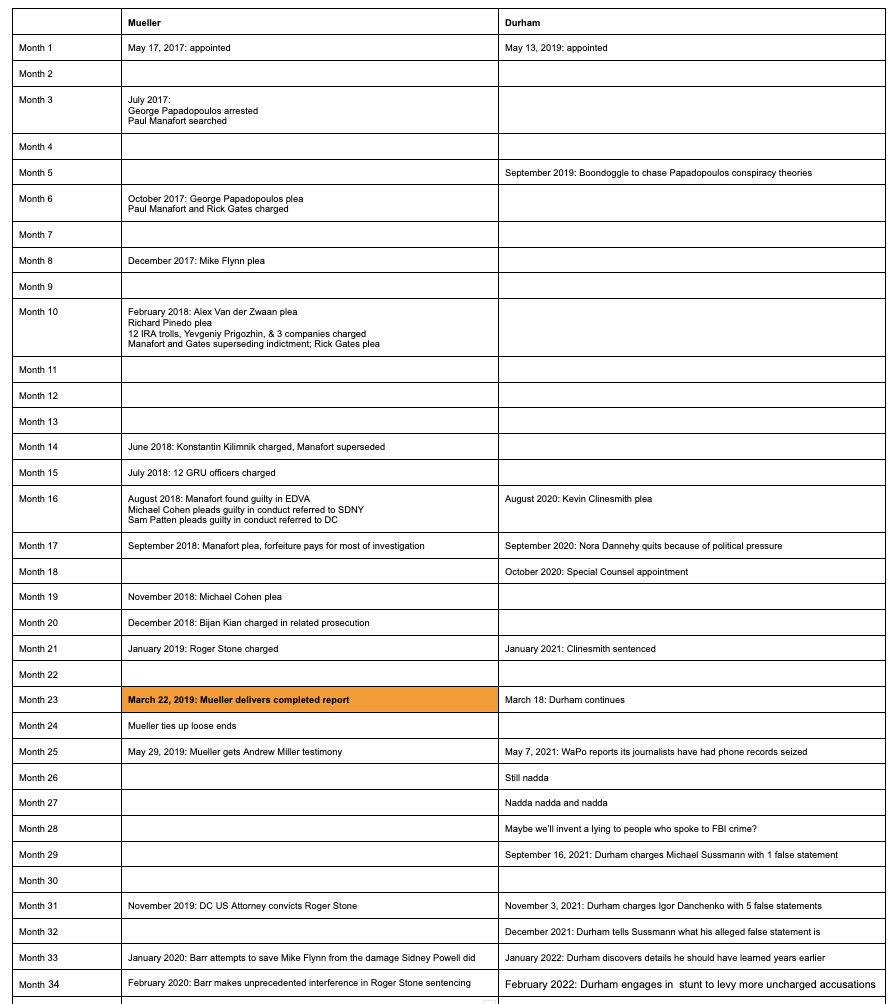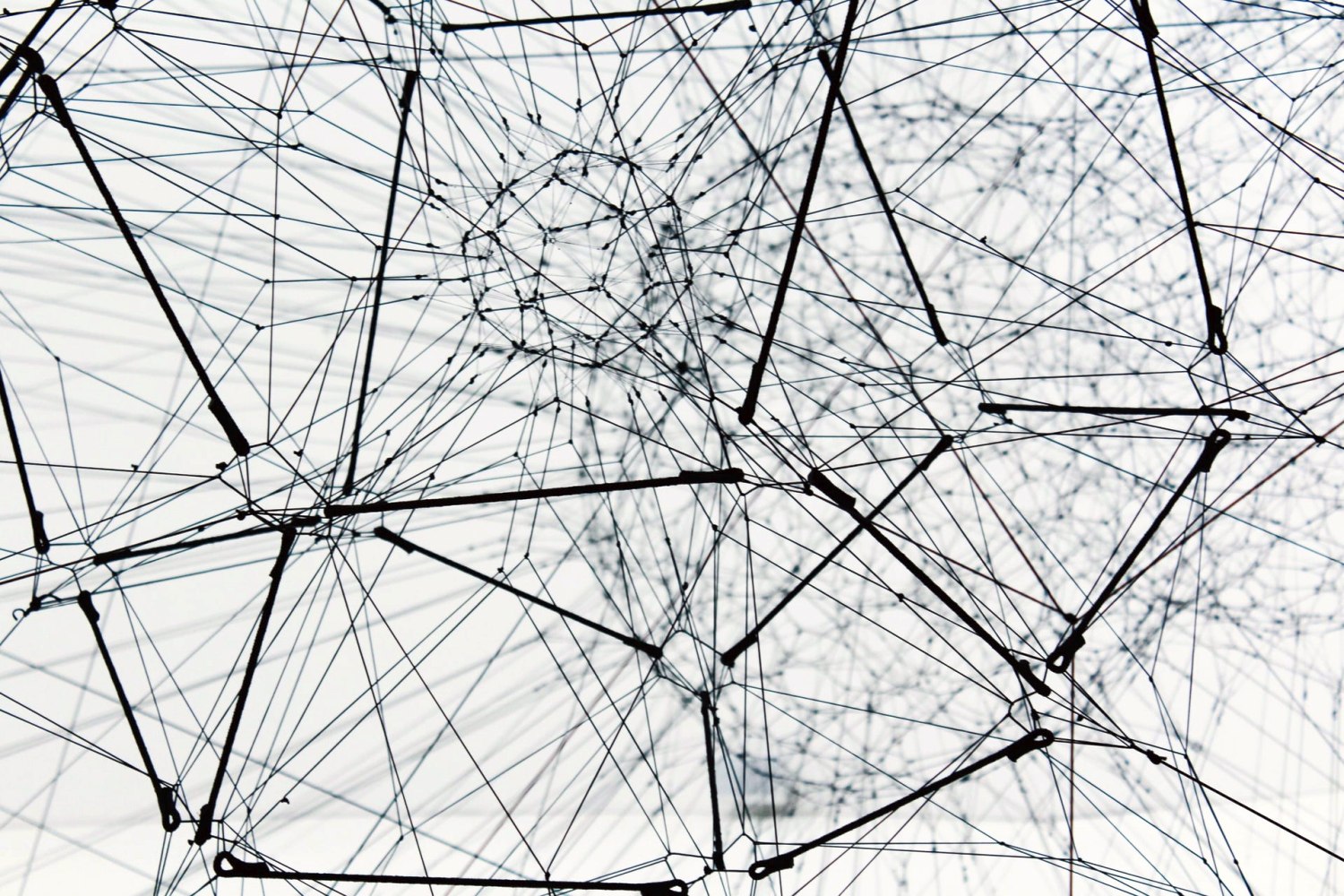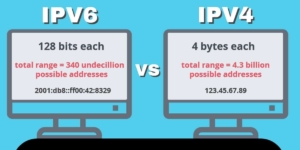EDNY Notes that Tom Barrack Won’t Explain the Tactical Advantage of Waiting to Charge Him
I continue to follow Tom Barrack’s prosecution with interest, not least because it is the single example of a case that arose out of the Mueller investigation, was largely completed while Trump remained in office, yet was only charged after Merrick Garland took over.
As I noted last month, Barrack filed a motion to dismiss based, in significant part, on the two year delay between the time he interviewed with the FBI and when he was charged.
The government has submitted an omnibus response to Barrack’s filing as well as one from his alleged co-conspirator, Matthew Grimes (whose motion to dismiss focused more closely on the Foreign Agent statute under which they were charged).
The motion shoots down Barrack’s claims that the delays — and the treatment of his interview just like all other non-custodial FBI interviews — will make it harder for him to defend against the false statement charges, noting in part that he had a room full of lawyers with him making their own record of what he said.
Barrack claims that because of the purported delay, he is unable to obtain (1) “critical proof to establish what he was asked and how he answered” questions when he was interviewed in 2019; and (2) evidence of records from others of communications he may have had. Id. Neither has merit.
First, Barrack was represented by multiple attorneys who took notes during the 2019 interview, presumably with the intent of creating the “critical proof to establish what he was asked and how he answered” of which defendant claims he has been deprived. Barrack Mot. at 38. Barrack fails to articulate how these notes would have been more helpful to the defendant if the charges were brought earlier. And Barrack identifies no other proof that he could have gathered regarding his statements at his interview, had he been indicted earlier. As a result, Barrack not only fails to establish a substantial, actual, non-speculative prejudice, but fails to establish any prejudice at all. See Birney, 686 F.2d at 105-06.
More coyly, however, DOJ notes that Barrack has not tried to obtain any records from the Trump administration that might undermine the charges against him nor has he identified any witnesses who would have testified in his favor two years ago who cannot now.
Second, Barrack does not provide a single concrete example of attempts that he has made to obtain documents or offer examples about how these attempts have been thwarted by the passage of time. See Barrack Mot. at 38. He does not specify what documents he could have obtained, from whom he would have obtained them, or make any claims that this evidence would have been admissible. He merely speculates that the evidence could have helped his defense.
[snip]
Finally, Barrack makes a general claim about a loss of memories, without identifying a single witness who is now unavailable due to loss of memory. See Barrack Mot. at 39. “Faded memories or unavailable witnesses are inherent in any delay, even if justifiable.
[snip]
Even were Barrack to provide the names of witnesses with failing memories, this in and of itself would still be insufficient.
[snip]
He must also show that the witness would have testified, withstood cross-examination, and that the jury would have found the witness credible.” (citations omitted)); see also United States v. Valona, 834 F.2d 1334, 1339 (7th Cir. 1987) (noting that prejudice analysis must consider whether the missing witness “would have withstood cross-examination,” whether the jury would have found him a “credible witness,” and whether the testimony, when compared to other trial evidence “would affect the trial outcome” (internal quotation marks and citations omitted)).
Here, Barrack has not alleged that anyone would have been available to testify in the first instance, much less that he or she would have voluntarily agreed to testify at his trial in a way that would help, rather than hurt, Barrack.
There are, surely, witnesses who would have testified in favor of Barrack if they expected their own testimony would be immune from consequences or that they’d be receiving a pardon. Paul Manafort, for example, is a key witness to Barrack’s actions.
The government’s filing reveals more details about the circumstances of his interview in 2019 at which he allegedly lied. After he was alerted to the investigation, he asked for the interview and then — the government claims — he told a number of blatant lies about his own conduct.
After Barrack subsequently became aware that he was being investigated by the FBI for his actions at the behest of the UAE, Barrack, through counsel, contacted the government and affirmatively requested an interview. After the government consented to the request, the interview was scheduled for June 20, 2019, at the law firm offices of Barrack’s counsel in Washington, D.C. FBI special agents traveled from New York to Washington, D.C. to attend the interview. During the interview, Barrack was represented by multiple attorneys and was advised that the interview was entirely voluntary and that he was free to end the interview at any time. During the interview, an FBI special agent took detailed, contemporaneous notes, totaling more than 50 pages. Barrack’s counsel also took contemporaneous notes during the interview, but did not electronically record or transcribe the interview, nor did Barrack ever request that the interview be so recorded or transcribed, despite being the party that requested the interview and set its date, time, and location.
During the interview, Barrack repeatedly and materially lied about the events and activities that underlie Count One and Count Two of the Indictment, including, but not limited to, making misstatements about whether Al Malik proffered policies or requests to Barrack on behalf of the UAE, whether he was ever asked to download a messaging application or acquire a dedicated telephone to communicate with UAE officials, whether he facilitated communications between President-Elect Donald Trump and UAE officials after the 2016 Presidential Election, and whether he provided any guidance or input in arranging a former U.S. official’s meeting with a senior UAE official. Indictment ¶¶ 91-92, 98-107.
As I described, these alleged lies will make the core 18 USC 951 charges far more durable. Indeed, the government makes precisely that point: if Barrack was not intentionally hiding his ties to the Emirates, then why would he tell blatant lies about it?
Although not dispositive to Barrack’s vagueness challenge, if Barrack actually believed that he had done nothing wrong, it is unclear why he allegedly lied to FBI special agents during his voluntary June 20, 2019 interview as set forth in Counts Three through Seven of the Indictment.
But the circumstances of his charges raise questions about how he learned he was under investigation and whether he had any belief that if he lied to protect himself (and Trump) — as so many other Trump associates were prosecuted for doing — he could expect impunity.

